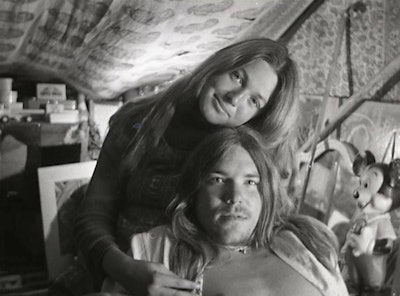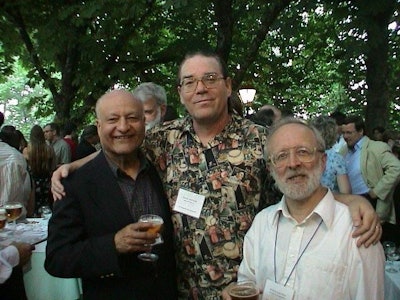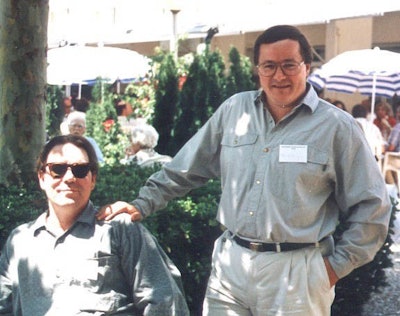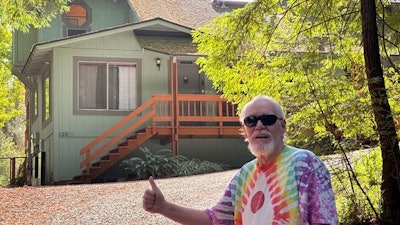He was always busy with science.

David Watson, Lester Grinspoon and Michka meet at Frankfurt 1995.
David Watson, Lester Grinspoon and Michka meet at Frankfurt 1995.
Last edited:









